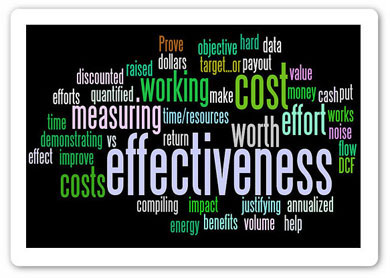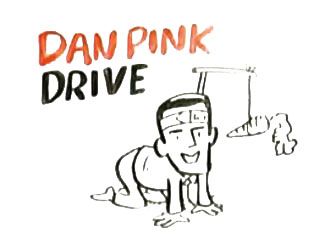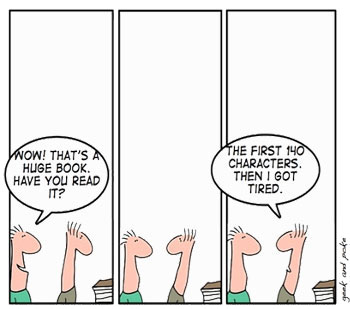You are in corporate business meetings where the revenue model of the product is discussed extensively. Meetings where the business wants to visualize and conceptualize every single use case of your product before you even start writing a single line of code.
You are working in an organization where ideas do not “happen” or catch someone by their collars. You are working in a company where ideas are manufactured based on market trends, what is going to be big, what is going to be hot and what is going to have the highest ROI.

The problem with this organization is that when your revenue model, your profitability and your ROI is all you focus on, you build a product which has a hollow sole and a marketing pitch that is full of impotent words.
Put simply, you are trying too hard.
And when the trying ends, you might have a product with a lot of features but you don’t have a story. You have a product that does much more than any other product out there but a product that no one cares about.
Why? Because the really smart consumers, the ones of have the means and the measures to become your unpaid ambassadors also have the common sense to see through your shit and get to the rotten core of your product.
Your product was built by builders who went on hibernation half way through the product because the so called management rubbed them the wrong way and gave them no autonomy, it shows.
Your product was build by 501 programmers who you thought you would just hire and pay to get stuff built, it shows.
Your product was controlled by a team of micro managers, who started five mail threads and had five new ideas for every five lines of code the actual team that was doing some real work behind the product wrote.
Every single act of organizational stupidity that happened through the development of your product is going to show. The folks who can actually tip your product, are going to see right through it and give your product a simple cold shoulder as you sit in meeting rooms and wonder why you are not getting a lot of traffic on your website or why no one is using your product.
What is most ironic, is that these are the same smart mavens who would have joined your team and become your unpaid brand ambassadors, only if you started with a genuine idea of helping your consumers, making a dent in the universe or just adding a little bit of fun to their, and above all your life.
When you are having meetings and politics instead of having fun while building a product, you, your product and your organization tend to become boring. At least, to an outsider. The smartest of your consumers can see right through your product. Of course, the business loves profitable, but the day you stop having fun, you stop being profitable. It’s that simple. Really.








Comments are closed.